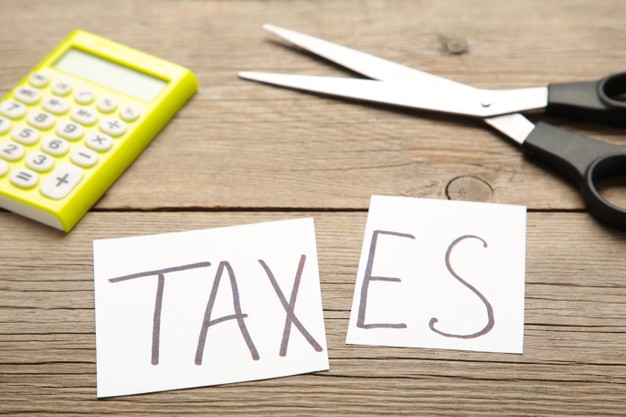Also referred to as write-offs, business deductions are allowable expenses that will help reduce your taxable income. Businesses are taxed on their net income, calculated by subtracting business expenses from gross income.
Though most operating expenses are tax-deductible, some may or may not be deductible, depending on the circumstance. The IRS clearly states that no cost is deductible unless it’s both ordinary and necessary.
It is good to know the tax deductions that come with prerequisites, lest you trigger an IRS audit. Take a look at the 2020 tax deductions for small businesses.
The 20% Business Income Deduction
Under the new tax reforms, there’s a 20% business income deduction for small-sized businesses reporting their operations on Form 1040. This includes sole proprietors, partnerships, indebtedness companies, and S corporations.
This is such as huge relief as for every $100,000of business income, $20,000 goes untaxed. The purpose of this deduction is to keep more earnings tax-free while helping curb the high tax and unemployment rates. That said, small businesses eligible for this deduction could witness their marginal tax decline by 29.6%.
However, some limitations and calculations surround this reduction that every business owner needs to understand. This includes a phase-out of the deduction for high-income earners, i.e., $321,400 for joint fillers, $160,700 for single-fillers, and $160,725 for married filing different fillers.
Those Working From Home
If you use your house regularly to carry out business operations, you can deduct the expense for your home’s business use. These expenses include mortgage interest, utilities, insurance, repairs, and depreciation.
The IRS provides an easy calculation for determining the deduction for using your home for business. Generally, you multiply your home area for business by $5 to a maximum deduction claim of $1,500.
Notably, the criterion for those who may claim the deduction remains constant. some of your houses must be used exclusively and frequently for business operations.
Startup Costs
To encourage people to open new businesses, the government allows a $5,000 write-off for startup expenses. Startup costs include advertisement expenses, travel, and other costs incurred when securing prospective suppliers, distributors, and customers.
The $5,000 deduction is minimized by the amount that your total startup expenses go beyond $50,000. Any startup costs that aren’t allowed to be deducted are often amortized over 15 years from the month you commence operations.
Transportation Costs
You cannot deduct the commute between your home and workplace when deducting transportation costs. However, you can deduct any business-related trip, including traveling to attend meetings or get supplies.
Transport deductions are calculated using the actual expense or the standard mileage methods. The former technique involves deducting every business-related vehicle expense by itself, while the latter method rate for 2019 is 58 cents per mile. Notably, the resulting figures should cover gasoline, insurance, lease payments, and maintenance.
Car Deductions
You can deduct automobile expenses if your vehicle is usually used for business-related errands. However, if you employ the car for private and business objectives, you’ll need to divide the prices supported by the particular mileage.
Depreciation Write-Off
Small business owners can fully deduct the full cost of new purchases (100% bonus depreciation) in the place of depreciating asset costs over the years. Items that qualify include electronics, furniture, and other equipment.
You can deduct amounts of up to $1,020,000 with sport utilities carrying a $25,000 write-off limit in the first year. Unfortunately, the depreciation write-offs for vehicles are limited.
These generous depreciation deductions enable small business owners to spice up their write-offs and reduce their taxable income, liabilities, and self-employment income.
Meal Expenses
If you are traveling or are provided meals by the current or potential business customer, you can file for meal deductions. You can receive up to a 50% write-off, so long as the meals are not considered lavish and extravagant.
As for business meeting meals, the meeting must have at minimum of one business discussion before, during, or after the meal is consumed.
Business Travel Expenses
If you happen to travel for business-related reasons, the travel costs, including any business-related expense incurred during the trip, can be deductible. Again, the travel expenses must not be lavish or extravagant.
Meal expenses during travel should be reduced by 50% before being deducted. In contrast, lodging expenses aren’t reduced.
Conclusion
Most small business owners are usually focused on running their businesses that they are not always up to date with the current tax rules. We hope that this article will help maximize any eligible tax benefits.















